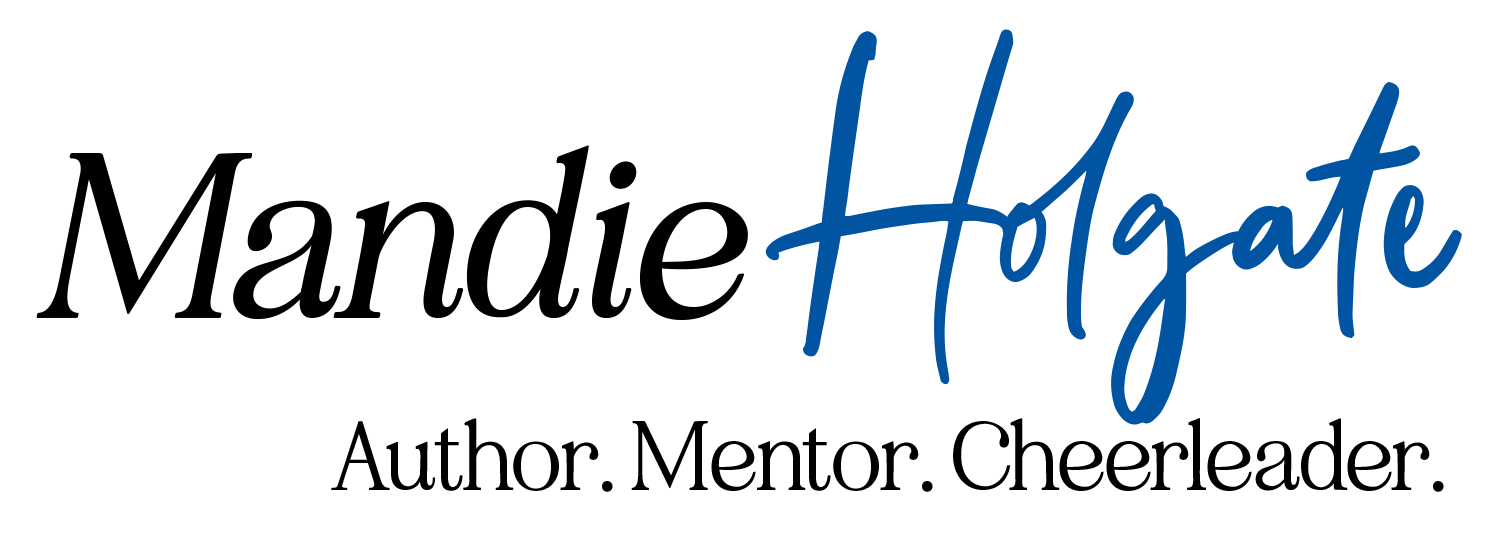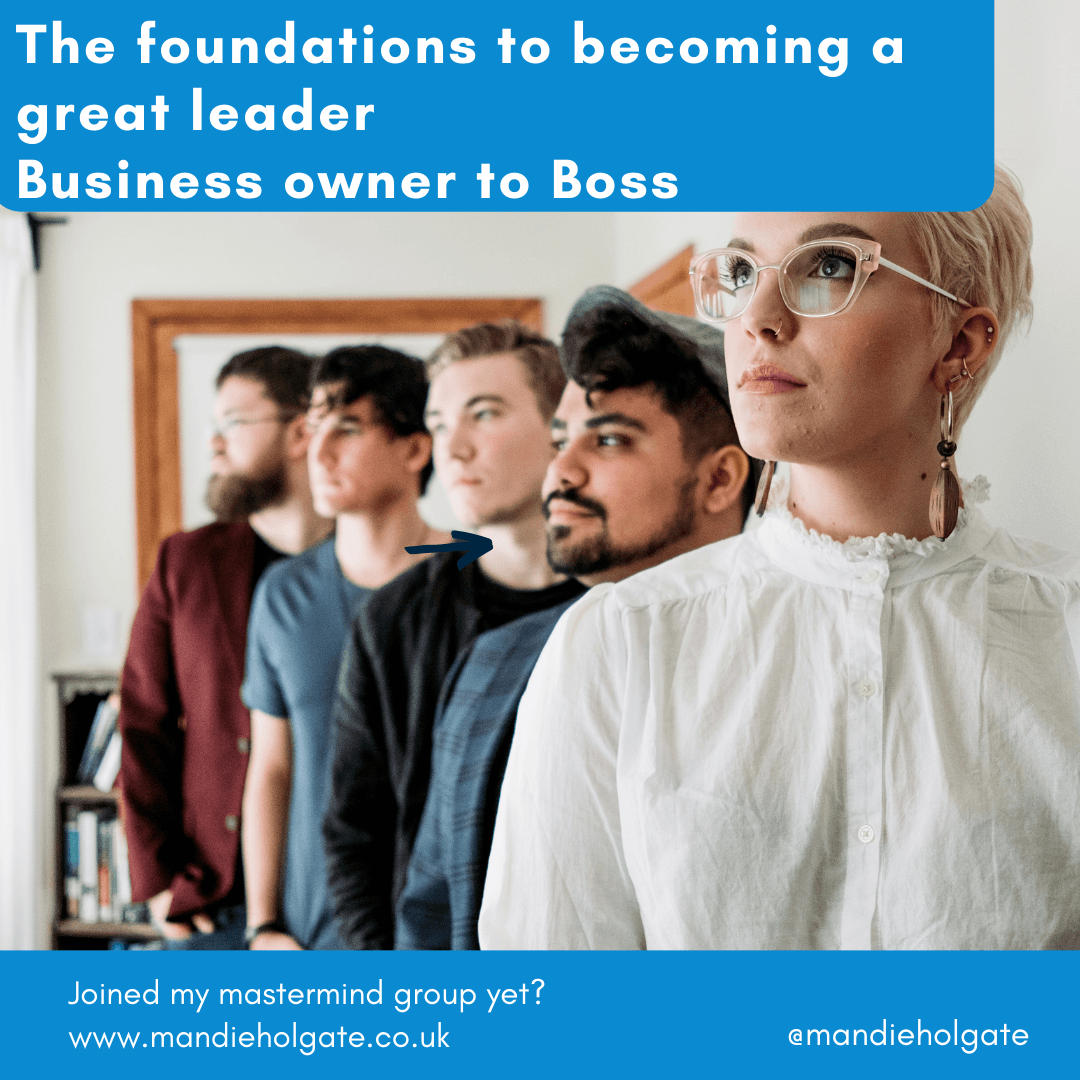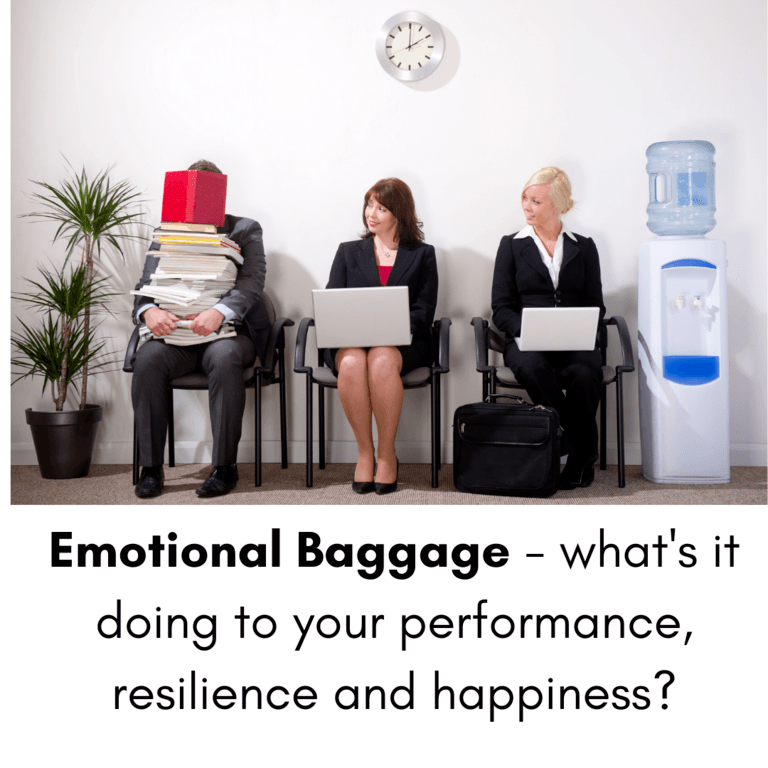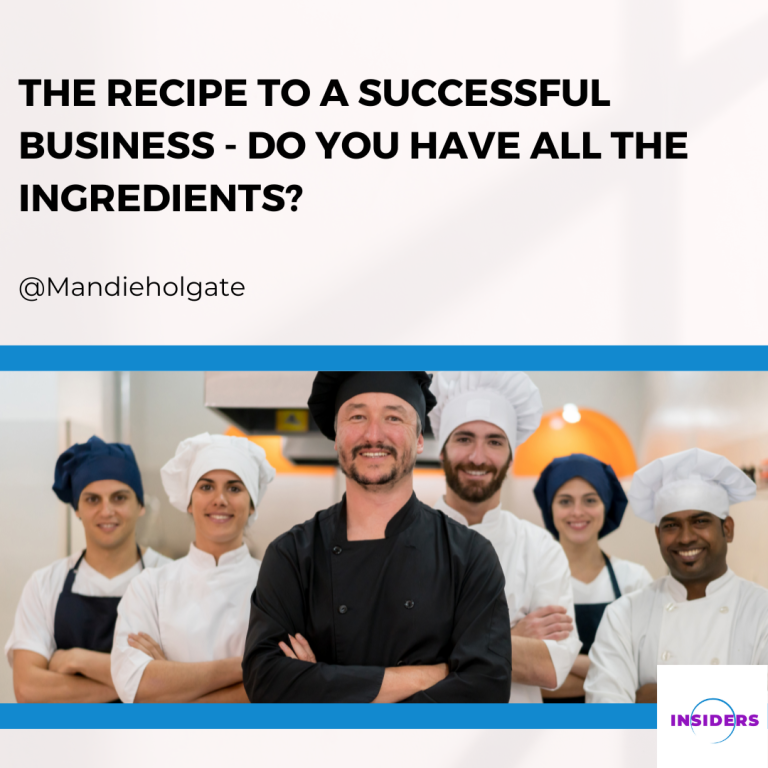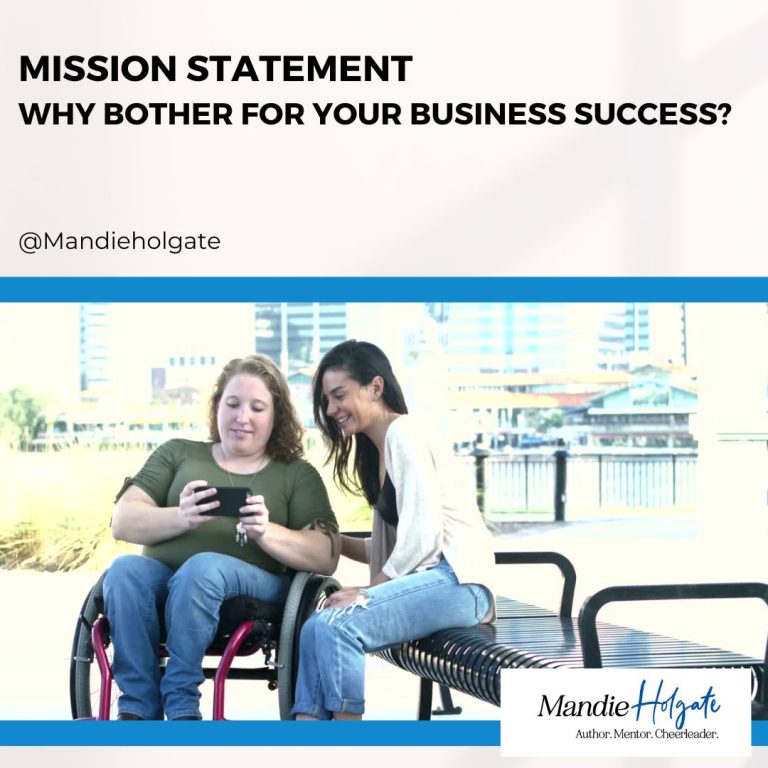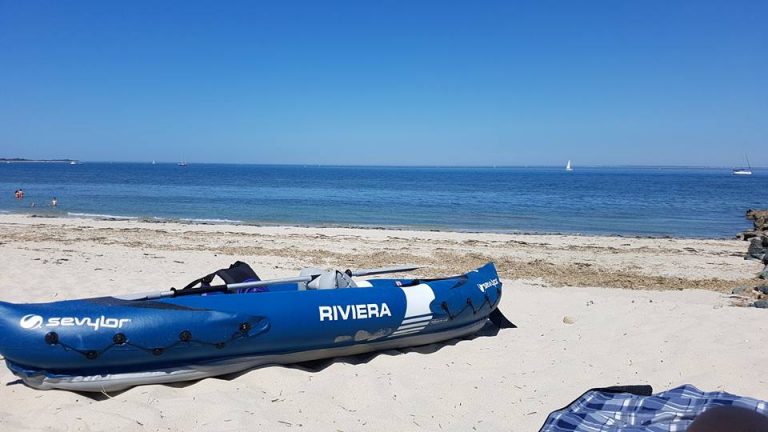The foundations to becoming a great leader – Business owner to Boss
A lot of my clients are fast growth businesses due to our time together which means the business owner needs to build a team around them to be able to increase profit and sustain growth. So the next step of our time together as we action the business growth is helping the business owner transition into a leader.
The skills to be a great boss are extensive and it’s not achieved overnight.
We take the time to understand what it takes to be a great leader, what their role is, what they bring to the organisation and the team. It’s surprising how many people find themselves as leader but have had no training on how to do the job exceptionally well.
It’s great to be able to go back to the foundations of the business and understand the boss, the organisation, the team, its’ customers and ambitions. By going through this coaching process nothing is left to chance. Every eventually is understood, change can be embraced, difficult conversations get easier and profit is more calculated and efficiently achieved.
Here are just some key things a leader needs to consider. Use this as a base point to then create a series of questions you ask yourself and your team regularly. Such as;
– I.C.E.S – What issues could we have? What could the causes be? What are we exceptional at and what could the solutions be?
– How often will you monitor these indictators?
Remember to dismiss no ideas and no questions – it is what we do i ncoaching to get to the real issues a company need to address to excel.
Boss
The you in the equation – you and your team need to sit down and define each aspect of the business – Boss, The organisation, The team, The Individual.
Vision, Mission, Values and Ambitions.
Clarity – Where are we heading – the business, the team, you and each individual?
Ability to see the big picture and how actions now impact on the future of your organisation.
What is your role in new business, growth and performance of the organisation?
What is your attitude to creative thinking and innovation?
Emotional Intelligence
Do you think in absolutes? Do you make assumptions? How do you monitor your mindset and its impact on your role, your management, communication, action and results?
Understanding and reducing transference so that you can empathise without being impacted upon.
Role model – what kind of role model are you? Excited, open, calm, tolerant, fun, open minded, fearless, resilient. Define how you wish to be perceived. How will you ensure this is the person people see? Who do you look at in the public eye that seems to be a great leader? What attributes do they have? What skills? What behaviours? Actions? Believes?
How well do you step out of comfort zones?
Being aware of your hot buttons – what you are sensitive to? What triggers you personally and professionally? Time keeping, long emails, poor communication for instance. What responses do you naturally have and how to control/alter?
Transparency.
Honesty.
Empathy.
Empowering and motivational.
Appreciating what you excel at, what weaknesses you have – will you choose to outsource, employ or automate what you are weak at or gain the necessary training? Neither is wrong – it is what works for you.
Communication and boundaries
Respect
Decision maker and the confidence to say this is what we are going to do.
Great listener. Knowing when to listen and when to lead.
Confident in choice of action
Confident to say “I don’t know” and ask for ideas, support, advice.
Lead by example.
Boundaries – what are they and how are they communicated, honoured, and enforced?
Able to structure and host difficult conversations expecting a win win result that honours you, the team, the individual and organisation – accepting that sometimes it is about expressing this is the way rather than bending to the individual.
Team management and development
How do you enable your team to be resilient?
The ability to see things from the colleagues, customers point of view.
How do you enable your team to handle their time effectively, perform and meet targets/KPI’s?
Believing the best in people while being mindful of how this could impact on you, the organisation, the team and individual.
Training and development – you, the organisation, the team and the individual.
People skills. The ability to bring the best out in others, help people through personal challenges that may seem alien to you.
Structured – what is the right level of structure for you, the team, the organisation and the individual? How will you monitor this for review, risks and success?
Attitude and capability to delegate?
The organisation
Vision and mission – where are we going? Why? How?
What are our values? How do we communicate these? What impact do they have on you, the organisation, the team and the individual?
How do we plan? How do we implement the plan?
Monitoring results – how will we know we have achieved it? What parameters are we monitoring? How will we monitor risk/flaws/issues for Boss, Organisation, Team and Individuals?
Communication – what we stand for – our ideals – what our customers will always get from us.
How do we specify, communicate, and control the results of the big picture? Who is responsible for what and why?
Adversity, change and obstacles – what is our collective approach to be resilient, innovative and proactive thinking?
What is the culture of our organisation? What can new staff expect from us as a team? Organisation? You as a boss?
How will we monitor trends, risks, global change, industry change?
How do we ensure we are proactive rather than reactive?
How do we sustain and grow?
The team
How are the team organised?
Communication rules – what is our communication policy? What does it do for the organisation, individual, company and you? If you get this right, you can greatly reduce emails sent and received, gossip, hand holding and stress. You can increase natural innovative problem solving, performance, time management and profit.
Respect – how to ensure it?
Enable team to be decision makers – bring solutions and innovation confidently and if necessarily confidentially.
Enable team to be emotionally intelligent and aware of each other’s preferred style of thinking, acting, processing information and working.
Enable them to see if they make assumptions and their impact? How will they monitor their mindset and its impact on their role, communication, action and results?
Communication – knowing they are safe to communicate what they need to without judgement – this is where coaching is incredibly powerful – no one plays good cop bad cop. You do what you are good at and I coach you and your team to perform exceptionally well, learning how each person chooses to work, think, act and feel. One size does not fit all. This enables fast sustainable growth, lowered stress, better performance and time management and ultimately better profit.
Who is responsible for what actions? What is this based on? How is this monitored, improved and developed?
Team learning and development – how would they like to learn collectively?
How do we measure productivity, profitability and performance?
How do we reward excellence?
What polices enable us to communicate what is expected?
The individual
Communication – what works for you as an individual? What works for your colleagues? How are our styles of learning and sharing information different? What risks could that open us up to? How will you overcome them?
How do we enable people to be resilient and handle stress and time sensitive projects/goals?
How do we monitor and ensure good mental and physical health?
Learning and development – self led? Mentor? Peers? External support?
How do we asses your personal and professional needs? And the implication to the team, organisation, and you?
How do we help you develop and progress?
Understanding and reducing transference so that you can empathise without being impacted upon – know how it impacts on yourself and your colleagues.
This is not the definitive guide to leadership however I hope I’ve stirred your critical thinking to think creatively about you, your team, your organisation and everyone as an individual. What questions will you ask today to enable better leadership and results?
I am more than happy to discuss your needs – feel free to email – mandie@mandieholgate or telephone (44) 079 899 35556
